(from Beit Jala) “Dignity is the goal, education is the means”: it’s the slogan printed on the sweaters of the school run by the Latin Patriarchate of Jerusalem in Beit Jala, which “proudly” reaffirms its role as the first School of the Latin Patriarchate in Palestine, founded in 1854 to “bring a message of faith, education and learning to all, regardless of religious affiliation, social class and gender.”
 Beit Jala is a Christian Palestinian village located near Bethlehem, on a mountainous area lush with centenary olive groves and fruit trees, which includes the Cremisan valley – rich in vineyards – divided by the Israeli separation barrier whose concrete foundations cut through the land of 58 local families. A veritable challenge for all those who have been educating young people “not to fight against others and to cooperate to build a future of coexistence, respect, rights and dignity” for the past 160 years, with the sole tool of education. The protagonists of this century-long story are the 900 students of the school’s 31 classes, from 4 to 18 years of age, who on January 15 received the visit of the bishops of USA, Canada, EU, and South Africa, members of the Holy Land Coordination, currently in the Holy Land for their annual solidarity pilgrimage. They were welcomed by Father Iyad Twal, director general of the schools of the Latin Patriarchate of Jerusalem, a network of 44 education institutes spread across Palestine (13), Israel (6) and Jordan (25), with a total of some 20 thousand pupils.
Beit Jala is a Christian Palestinian village located near Bethlehem, on a mountainous area lush with centenary olive groves and fruit trees, which includes the Cremisan valley – rich in vineyards – divided by the Israeli separation barrier whose concrete foundations cut through the land of 58 local families. A veritable challenge for all those who have been educating young people “not to fight against others and to cooperate to build a future of coexistence, respect, rights and dignity” for the past 160 years, with the sole tool of education. The protagonists of this century-long story are the 900 students of the school’s 31 classes, from 4 to 18 years of age, who on January 15 received the visit of the bishops of USA, Canada, EU, and South Africa, members of the Holy Land Coordination, currently in the Holy Land for their annual solidarity pilgrimage. They were welcomed by Father Iyad Twal, director general of the schools of the Latin Patriarchate of Jerusalem, a network of 44 education institutes spread across Palestine (13), Israel (6) and Jordan (25), with a total of some 20 thousand pupils.
 On the side of peace. “In our schools not only do we prepare students to enter the job market, we give them an education so they may become bearers of hope, love and justice – said Father Twal –. We teach young people of different faiths – Christians, Muslims, Druse – to live in peace and mutual respect. Religious fanaticism can be defeated together. It happens in Nablus, where only 71 out of 615 students are Christian, in Gaza, in Al Rameh, on the border with Lebanon, in all these places we teach to recover hope with special care for children.” Dialogue is promoted all-round also with the support of new technologies. In Beit Jala students organize video-conferences with their peers in schools worldwide, sharing and speaking about a wide range of subjects. However, while speaking with their peers on the opposite side of the ocean may be an easy venture, meeting with those living nearby, i.e. the Israeli youths on the other side of the barrier, is a much harder task.
On the side of peace. “In our schools not only do we prepare students to enter the job market, we give them an education so they may become bearers of hope, love and justice – said Father Twal –. We teach young people of different faiths – Christians, Muslims, Druse – to live in peace and mutual respect. Religious fanaticism can be defeated together. It happens in Nablus, where only 71 out of 615 students are Christian, in Gaza, in Al Rameh, on the border with Lebanon, in all these places we teach to recover hope with special care for children.” Dialogue is promoted all-round also with the support of new technologies. In Beit Jala students organize video-conferences with their peers in schools worldwide, sharing and speaking about a wide range of subjects. However, while speaking with their peers on the opposite side of the ocean may be an easy venture, meeting with those living nearby, i.e. the Israeli youths on the other side of the barrier, is a much harder task.
“It’s not a question of being pro-Palestinian or pro-Israeli but of standing on the side of peace, dialogue and respect
– pointed out Fr Twal – These are the values that should be transmitted. We are not allowed to hope in a better future for this land and for the people inhabiting it.”
 The dream of knowing each other. But something is progressing in the right direction. Speaking with the bishops of the Holy Land Coordination, the elder youths, “those in the last year of school”, shared their dream of “crossing the wall that prevents their free movement, continue their college studies abroad, and meet Israeli youths.”
The dream of knowing each other. But something is progressing in the right direction. Speaking with the bishops of the Holy Land Coordination, the elder youths, “those in the last year of school”, shared their dream of “crossing the wall that prevents their free movement, continue their college studies abroad, and meet Israeli youths.”
“We haven’t even met one of them – they said – and social networks don’t solve this problem. There are times when it’s important to meet, to listen to each other without typing keyboards or facing a computer screen.”
By doing so, even a supposed “enemy” can become a friend. “Religion is not a problem – they explained – in our school it never was.” Palestinian Christians celebrate with their Muslim friends and viceversa during the school year. Friendships born in the classroom are strengthened out of school, in the hope that they may act as the cement of a society experiencing increasing economic, social and political difficulties. Although Father Twal made no mention of it, it’s evident that great care is put in the hope that the Christian schools may form new generations of prepared, tolerant, open political leaders. For the director general of the schools of the Latin Patriarchate of Jerusalem, today more than ever
“the path of justice and peace encompasses education and youths.”
 This view is shared also by Law School students attending the “Multiculturalism and Diversity” course at the Hebrew University in Jerusalem. Their commitments include following court cases of victims of discrimination. “Racism – said Yaara Mordecai meeting the bishop at the athenenum – is one of the problems of Israeli society, whose causes include religious and ethnic motivations. It’s important to overcome misunderstandings to promote our society’s growth.” For his friend and colleague Ariel Ilyz, “we are faced with a communication problem that didn’t exist before: Israelis and Palestinians don’t speak the same language.” This is due to the barrier. For Shira Gushpantz “before the security barrier there was a great movement of people, Palestinians would come to work in Jerusalem and in other parts of Israel. Many of them spoke Arabic and Hebrew, there was ongoing communication. It all stopped with the construction of the barrier; including the possibility of getting to know one another, of being in touch. The wall turned us into enemies.” The same view was expressed by Rawan Ziedan, Israeli Arab citizen of Muslim faith, a student in the “Multiculturalism and diversity” course. “It’s not easy for an Israeli Arab citizen to live amidst discrimination and various forms of racism.
This view is shared also by Law School students attending the “Multiculturalism and Diversity” course at the Hebrew University in Jerusalem. Their commitments include following court cases of victims of discrimination. “Racism – said Yaara Mordecai meeting the bishop at the athenenum – is one of the problems of Israeli society, whose causes include religious and ethnic motivations. It’s important to overcome misunderstandings to promote our society’s growth.” For his friend and colleague Ariel Ilyz, “we are faced with a communication problem that didn’t exist before: Israelis and Palestinians don’t speak the same language.” This is due to the barrier. For Shira Gushpantz “before the security barrier there was a great movement of people, Palestinians would come to work in Jerusalem and in other parts of Israel. Many of them spoke Arabic and Hebrew, there was ongoing communication. It all stopped with the construction of the barrier; including the possibility of getting to know one another, of being in touch. The wall turned us into enemies.” The same view was expressed by Rawan Ziedan, Israeli Arab citizen of Muslim faith, a student in the “Multiculturalism and diversity” course. “It’s not easy for an Israeli Arab citizen to live amidst discrimination and various forms of racism.
But on a new generation is growing on both sides of the wall, and they see things differently. Conceiving a future of coexistence is not impossible. It helps us get to know each other and in depth.”










